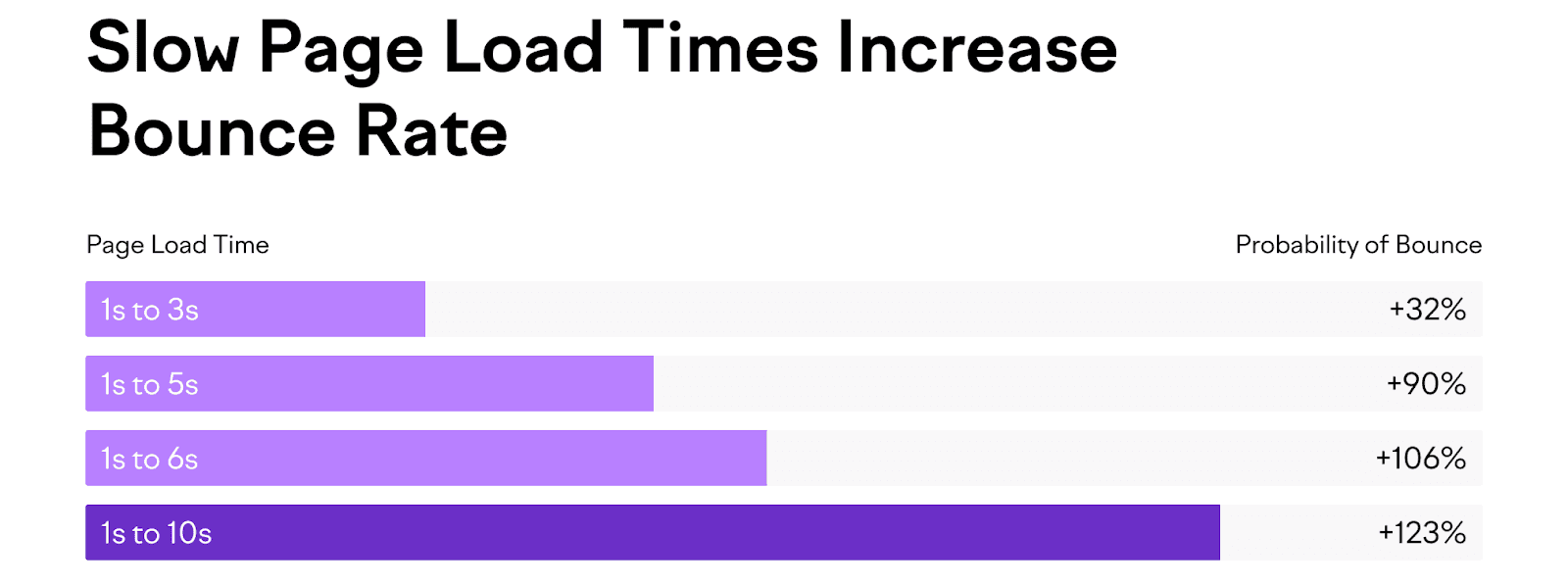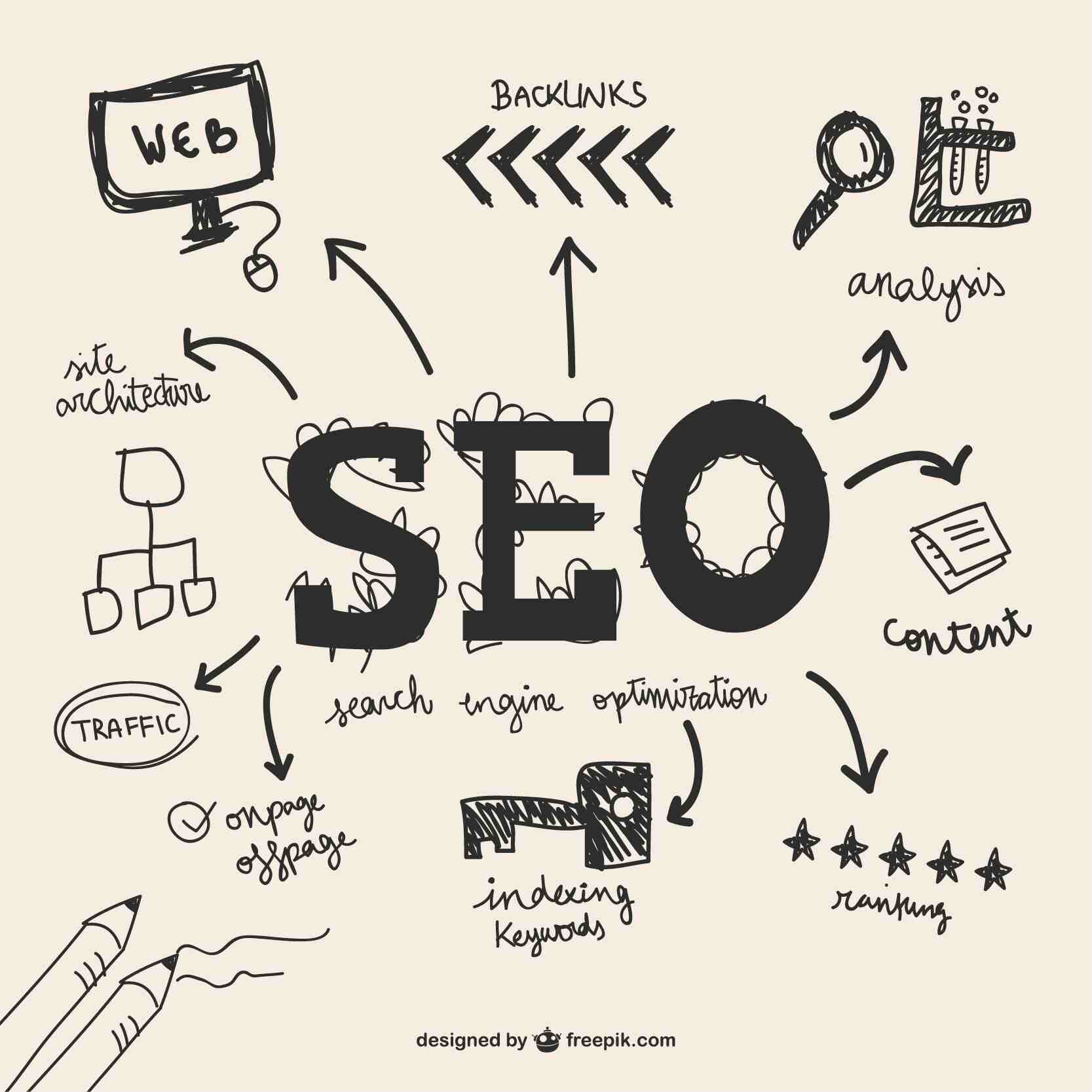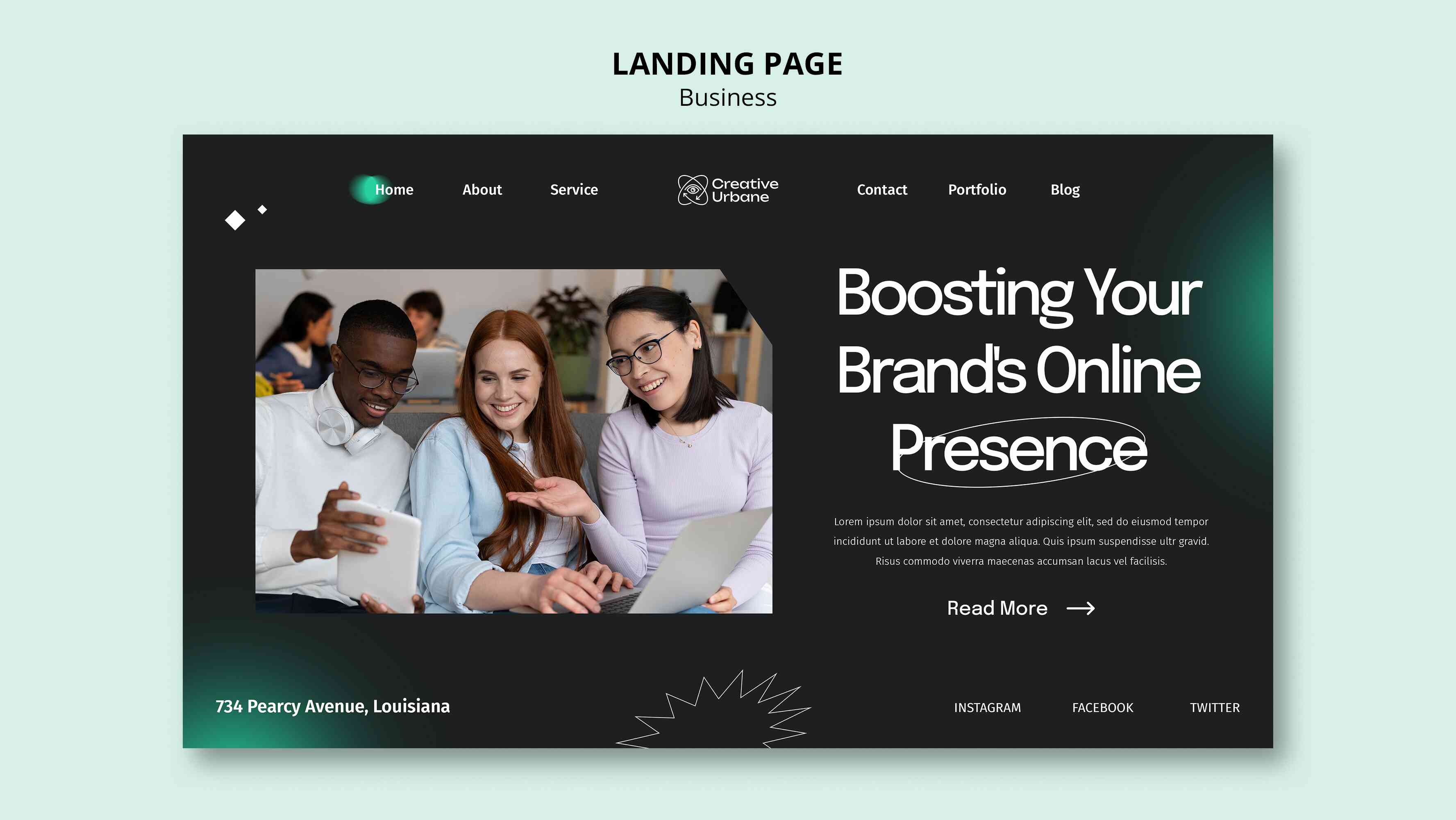In today's competitive digital landscape, your website's performance plays a critical role in determining its success. A fast, responsive site not only enhances user experience but also directly influences your SEO rankings and overall traffic growth. Understanding the relationship between site performance and search engine optimization is essential for any business looking to improve its online presence.
Page Load Speed: The Foundation of Performance
Page load speed is one of the most significant factors affecting both user experience and SEO rankings. According to Cloudways, faster websites rank higher on search engine result pages (SERPs) and have lower bounce rates. Google prioritizes websites that load quickly, as they provide better user experiences. Slow-loading pages can frustrate users, causing them to leave the site before engaging with the content.

How to Improve Page Load Speed:
- Optimize images by compressing them without sacrificing quality.
- Minimize HTTP requests by reducing the number of scripts and plugins.
- Use browser caching and content delivery networks (CDNs) to improve load times.
Crawl and Indexing by Search Engines
Search engines like Google allocate a limited crawl budget to each website, which determines how many pages they will index during a single visit. Macrometa highlights that poorly performing websites may waste this budget on slow or unoptimized pages, leaving other critical content unindexed.
Best Practices for Crawl Optimization:
- Create a clean site architecture with a clear hierarchy.
- Use XML sitemaps to guide search engines to important pages.
- Fix broken links and avoid duplicate content.

User Engagement and Dwell Time
Site performance also affects user engagement metrics such as dwell time and bounce rates. Macrometa points out that faster websites encourage users to spend more time exploring content, which signals to search engines that the site is valuable and relevant. Conversely, slow websites often result in higher bounce rates, negatively impacting SEO rankings.
How to Boost Engagement:
- Ensure your website is visually appealing and easy to navigate.
- Provide valuable, high-quality content.
- Optimize internal linking to guide users to related content.

Mobile-First Indexing
With the majority of web traffic coming from mobile devices, Google has adopted mobile-first indexing, meaning it primarily uses the mobile version of a site for ranking and indexing. Macrometa emphasizes that websites not optimized for mobile risk losing both rankings and traffic.
Mobile Optimization Tips:
- Use responsive design to ensure your site adapts to different screen sizes.
- Optimize images and media for mobile devices.
- Test your site with Google's Mobile-Friendly Test.
Bounce Rate and Click-Through Rate (CTR)
Bounce rate and CTR are two critical metrics that search engines use to evaluate the relevance and quality of a website. Macrometa notes that sites with faster performance tend to have lower bounce rates and higher CTRs, which can improve SEO rankings.
How to Improve Bounce Rate and CTR:
- Use clear, compelling calls to action (CTAs).
- Optimize meta descriptions and titles to attract clicks.
- Ensure fast load times and engaging content on landing pages.
Tools and Techniques to Improve Site Performance
Improving site performance requires a combination of best practices and modern tools. Practical recommendations include:
- Using image optimization tools like TinyPNG or ImageReisizer.
- Implementing lazy loading for images and videos.
- Leveraging CDNs such as Cloudflare to distribute content globally.
- Regularly auditing site performance with tools like Google PageSpeed Insights and GTmetrix.
Elevate Your Website Performance Today
Your website's performance significantly impacts SEO rankings, user engagement, and overall traffic growth. By optimizing your site's speed, structure, and mobile-friendliness, you can improve both user experience and search engine visibility.
If you're ready to boost your website's performance and unlock its full potential, let's collaborate to create a high-performing, results-driven website tailored to your business needs. Check out our previous post on High-Converting Landing Pages for more insights into crafting engaging digital experiences.




